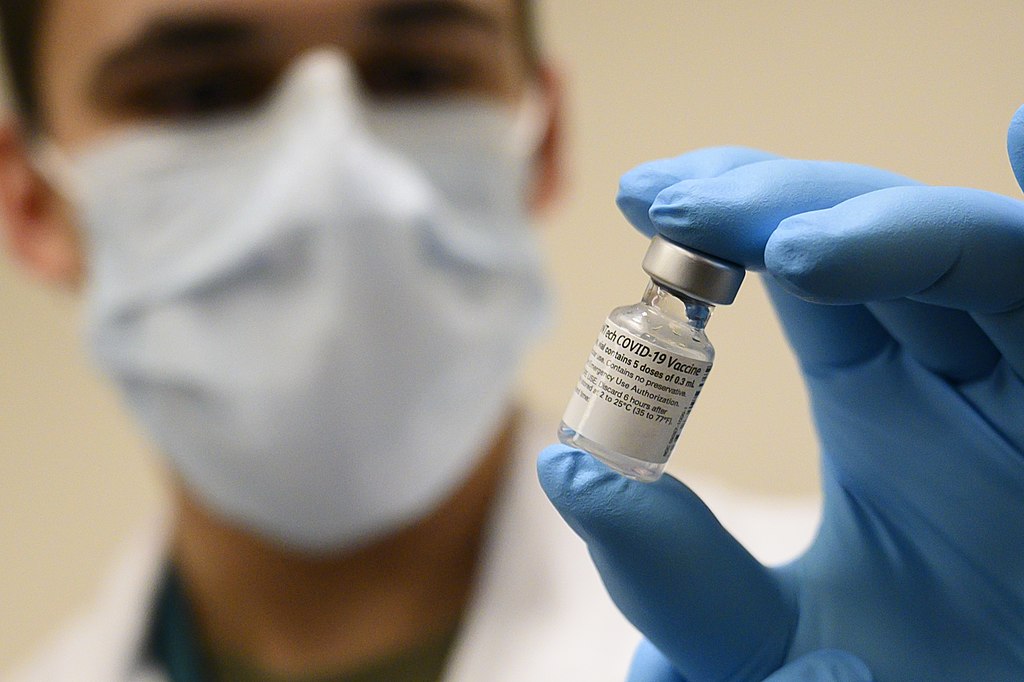
As of Thursday (3 June 2021), 26,422,303 people across the UK have received both doses of the Covid-19 vaccine. Health Secretary, Matt Hancock, also confirmed that three quarters of UK adults have had their first jab. One of the few achievements in an otherwise disastrous response from the UK Government over the last 15 months.
Cases in the UK continue to rise, with over 5,000 new cases identified yesterday alone, and there are serious concerns about local outbreaks related to the strain first identified in India. There were also 18 deaths reported yesterday, overshadowing Tuesday’s announcement where no Covid related deaths were reported for the first time since the Pandemic began.
Nonetheless, it is very welcome news that the vaccine rollout continues apace, with around 170,000 first doses, and 350,000 second doses being given out each day. These numbers will be crucial if we are to ward off the potential threat from the Indian strain of the virus, believed to be more virulent than the Kent variant which wrought havoc over the festive period last year. The Indian variant is now the dominant strain in the UK, Public Health England (PHE) has said.
One of the primary threats to the country’s Covid recovery remains international travel. The Government’s desire to open the borders further may prove to be erroneous as Portugal, which hosted tens of thousands of English football fans last week, has now been downgraded from the UK’s green travel list to amber, meaning that people can only travel there for essential reasons.
Everyone wants to see a return to normality, football fans especially, but the fragility of the current situation cannot be underestimated and the Government’s failure to close the borders has already hampered efforts on numerous different occasions already. Whilst the situation has obviously developed since then, we cannot forget the scores of avoidable deaths caused by Liverpool’s game against Atletico Madrid last March.
The Government’s red list was also expanded yesterday to include a host of other countries across the Middle East and the Caribbean. Not only does this highlight the crucial importance of ensuring a global vaccine rollout, where the poorest parts of the world are supported, it also highlights the flimsiness of our own situation.
Scotland’s national clinical director, Jason Leitch argued this week that we are already in the midst of a third wave of infections, as the lifting of restrictions was paused in some areas. Cases in Scotland have been steadily rising since the beginning of the month, with 641 recorded on Friday last week, the highest daily number for over 6 weeks.
Meanwhile in Wales, there are now just 11 people in hospital with confirmed Covid-19, with a further 3 in intensive care. These very low figures may indicate that while cases will likely rise, as restrictions ease, hospitalisations and deaths will hopefully remain low, highlighting the crucial importance of the vaccine rollout.
The government’s desire to open up early has proven disastrous in the past. The Labour movement has long called for the adoption of a zero-covid strategy, with proper international support for a global vaccination program. With the Euros, and further easing of restrictions looming, it remains to be seen what the future holds, but the sooner everyone is fully vaccinated, the better.
Peter Stoddart



